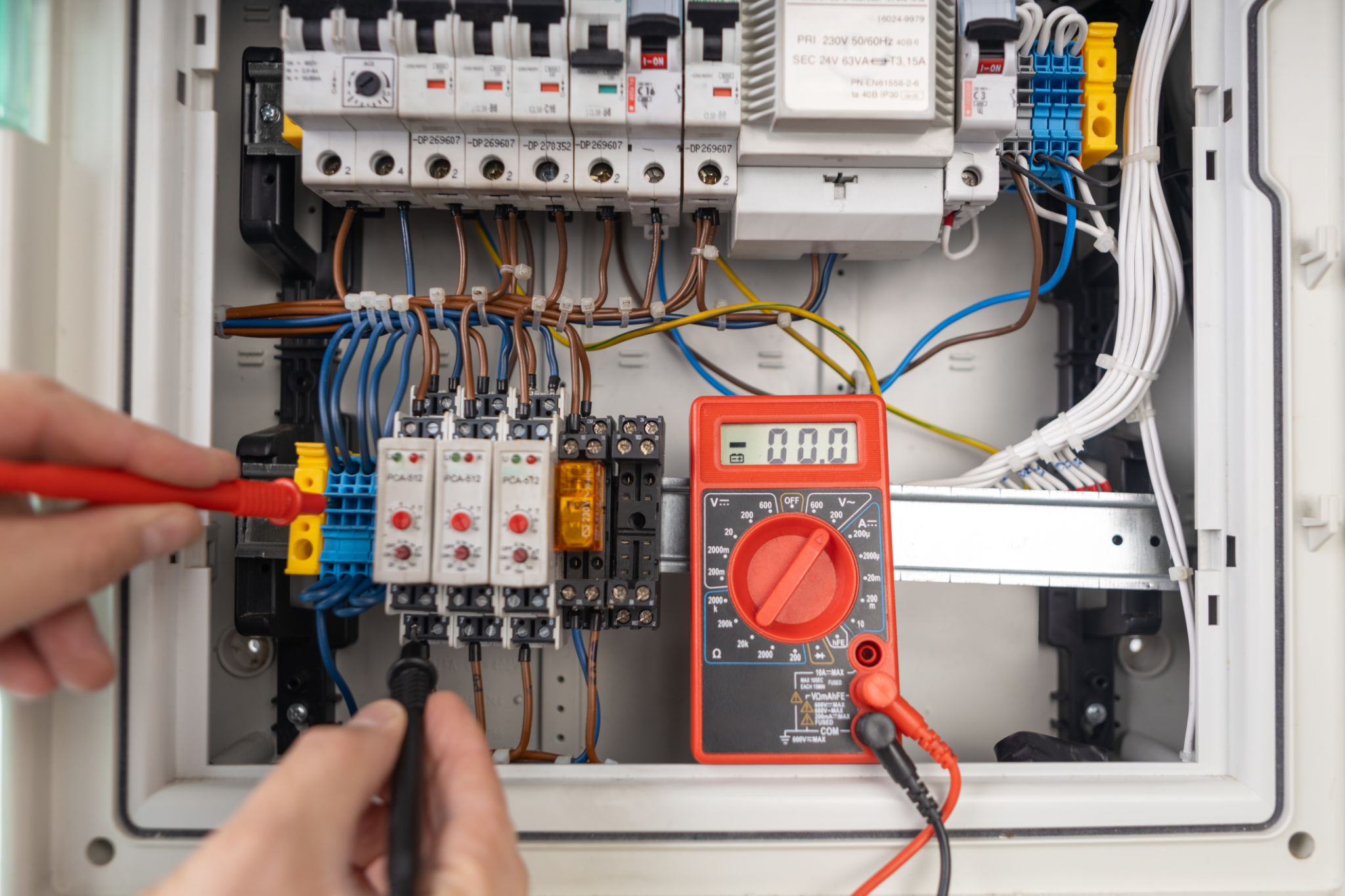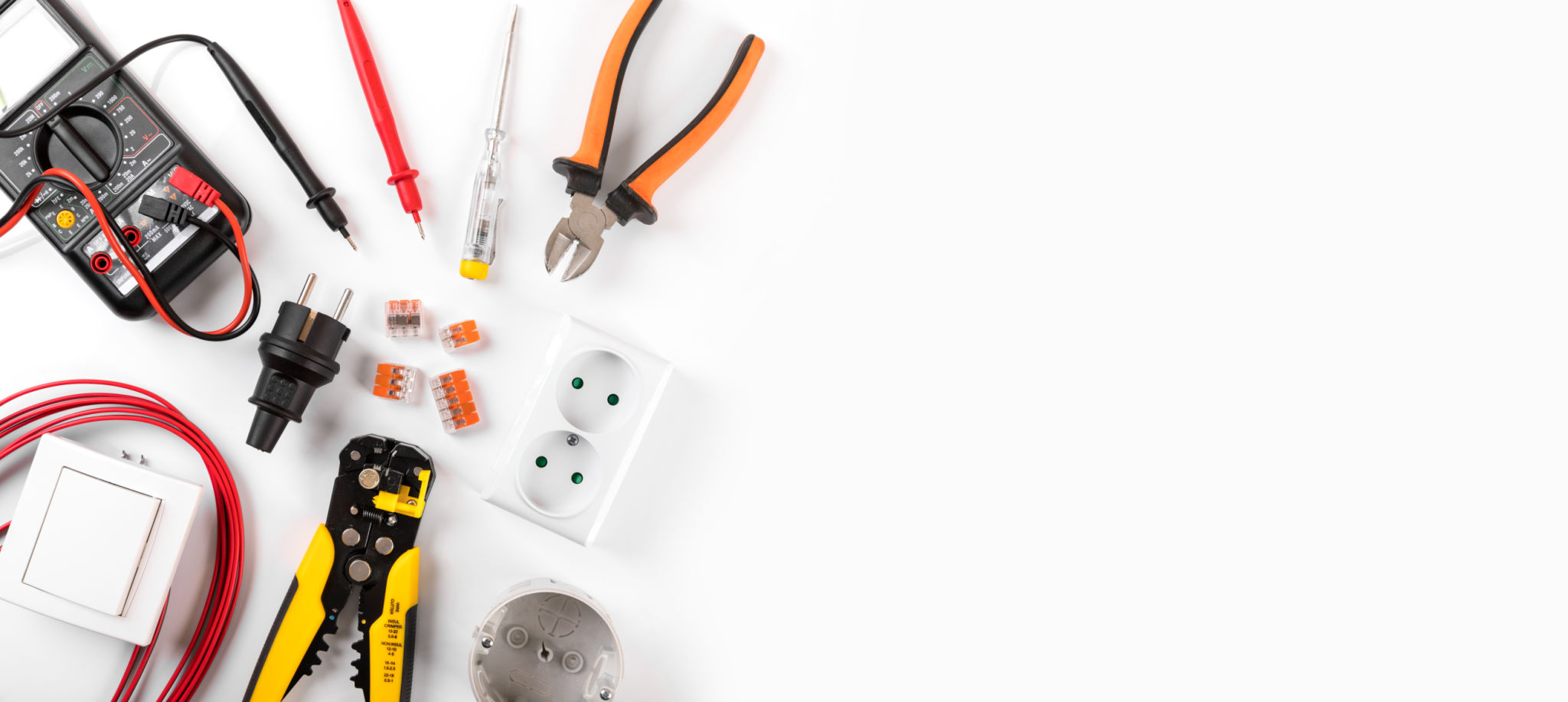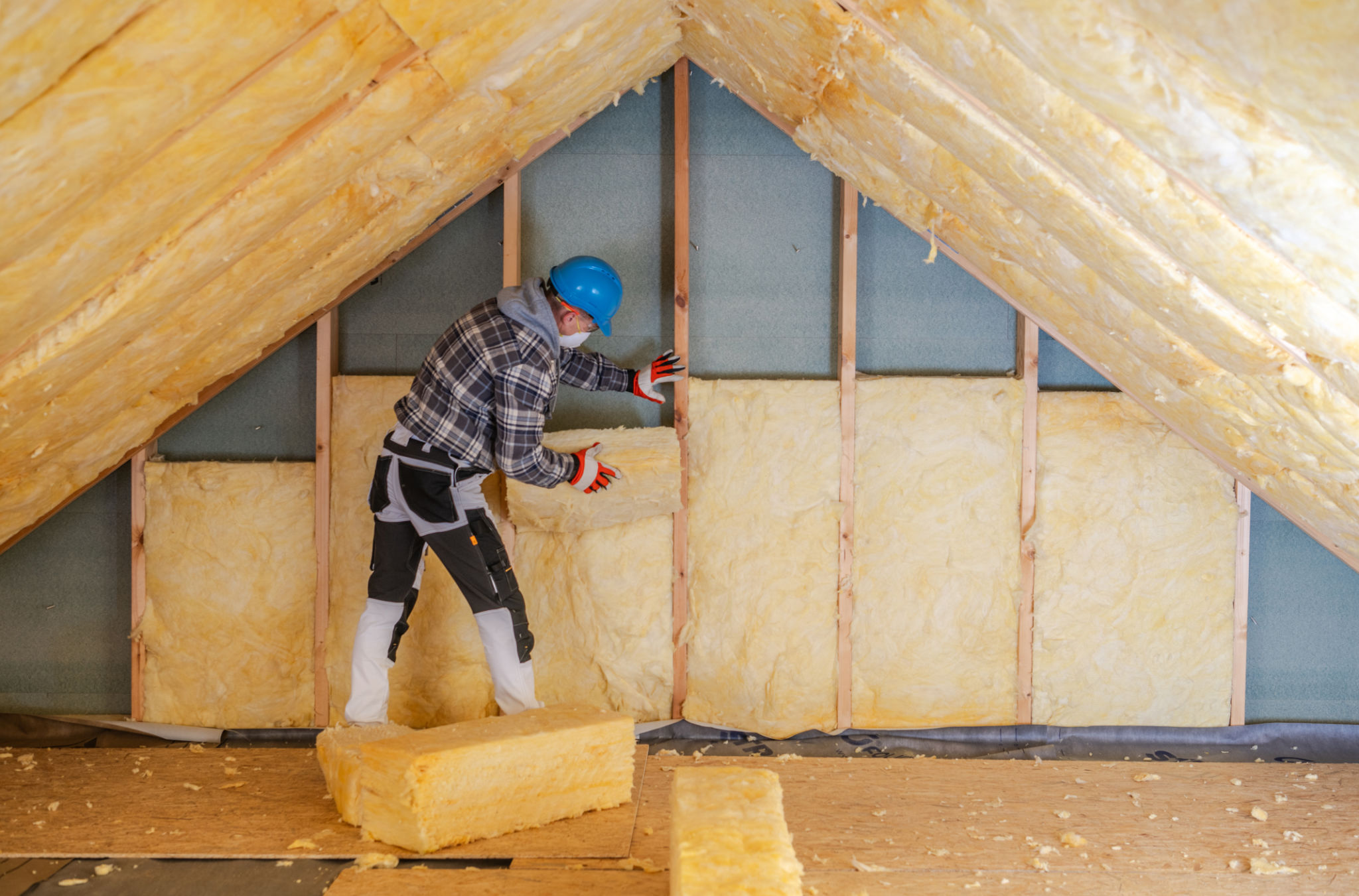DIY Electrical Projects: What You Can Do and When to Call a Professional
Understanding DIY Electrical Projects
Tackling DIY electrical projects can be a rewarding experience, providing both a sense of accomplishment and potential cost savings. However, it’s essential to recognize the boundaries between what you can safely handle and when it’s crucial to call in a professional. This guide will help you navigate those decisions.

Basic Electrical Tasks You Can Do Yourself
There are several straightforward electrical tasks you can handle on your own. These projects usually involve minimal risk and require basic tools and safety precautions. Here are a few tasks that typically fall into the DIY category:
- Replacing light switches and outlets.
- Installing light fixtures or ceiling fans.
- Changing fuses in your electrical panel.
For these projects, ensure that you turn off the power at the circuit breaker and use a voltage tester to confirm that the power is off before starting any work. Safety should always be your top priority.
When to Consider Professional Help
While many projects seem manageable, certain tasks are best left to professionals due to their complexity and potential hazards. If you're considering any of the following projects, it's wise to hire a licensed electrician:
- Rewiring or extensive electrical work.
- Upgrading your electrical panel.
- Fixing persistent electrical issues or troubleshooting mysterious outages.

The Importance of Safety in Electrical Work
Electrical work comes with inherent risks, including the potential for electrical shocks, fires, and damage to appliances and home systems. Understanding the limits of your expertise is essential to maintaining safety. Always educate yourself on local building codes and regulations to ensure compliance when attempting any DIY work.
Additionally, using the appropriate personal protective equipment (PPE) such as insulated gloves and goggles can further reduce risks during DIY projects.
Tools and Equipment for DIY Electrical Projects
Having the right tools is crucial for any DIY electrical task. A basic toolkit for home electrical projects should include:
- A voltage tester or multimeter.
- Wire strippers and cutters.
- Screwdrivers and pliers.

Benefits of Hiring a Professional Electrician
Bringing in a professional electrician not only ensures that the job is done safely and correctly but also provides peace of mind. Professionals have the expertise to handle complex tasks efficiently, reducing the risk of future problems. Additionally, their work is usually covered by warranties or insurance, offering additional protection.
Final Thoughts
DIY electrical projects can be a great way to learn new skills and enhance your home, but knowing your limits is crucial. With this guide, you can confidently decide when it's appropriate to undertake a project yourself and when it's best to call in a professional. Your safety and peace of mind are worth the investment.

